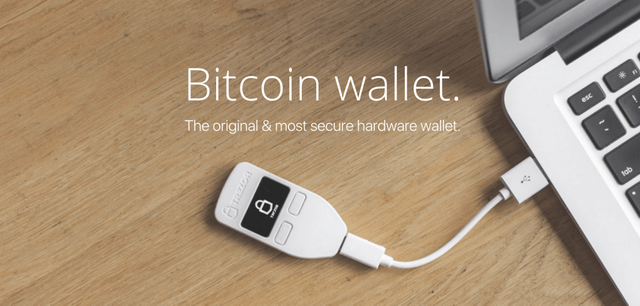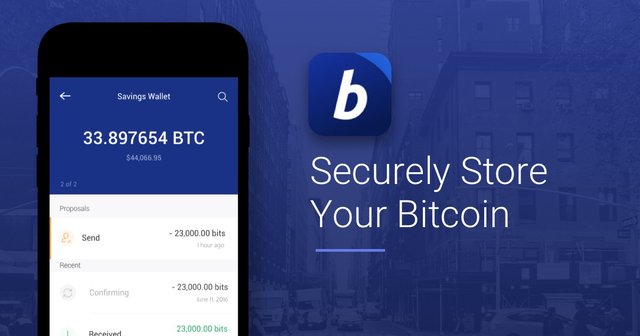How to Secure Your Cryptocurrency Wallet

Most of these people are newbies, unacquainted with security issues and risks that surround complex but currently profitable cryptocurrency realm. This makes them easy targets for cybercriminals and thieves.
A phone number is not the only security weak point. Hackers may get hold of your home PC too. Phishing attacks, Ponzi schemes, and ransomware are all widespread forms of cryptocurrency fraud and theft. Nothing teaches a person about security quicker than cybercriminals hacking his account and running off with $5,000 worth of Bitcoins. Once this happens, people tend to get really serious about their security.
The following tips can be used as a security guide for new cryptocurrency aficionados:
Securing your software wallet is similar to protecting any data on your computer. You have to be a little more paranoid while browsing the Internet, clicking on links and email attachments.
Mobile users may take advantage of Google authenticator with a single IP in its whitelist, which should be the VPN to access the online exchange.
It is important to select an exchange that is not only flexible and easy to use but also reputable and secure. Try to follow the news. If industry leaders disengage from a project it should be a worrying signal. Repeated technical problems and strange policies are additional points of concern. Bitcoin withdrawal difficulties will always be a red flag also.
Do create backups. Kept in a secure place, a backup of your cryptocurrency wallet may save you from hardware failures and a lot of human slipups. It will also let you restore your wallet in case your PC or telephone gets stolen.
Encrypting the wallet or your hole device enables you to create a password for those attempting to take out any money.
Although passwords and encryption can protect from thieves, it is not able to put a stop to key-loggers or another malware. It is important to install and keep up-to-date leading antivirus and antimalware solutions. Many of them are free to use.
Prior to creating an account on any exchange, set up a new email box that you will be using for that specific exchange account.
Be sure to choose a very difficult and lengthy password, desirably a passphrase. Write it down on paper and store that piece of paper in a secret place.
Turn on two-factor-authorization not only for login but for any transaction procedures.
While on social media or forums, do not mention what cryptocurrency exchange or wallet you use.
Contact your phone carrier and order all possible levels of security they can offer. Add passcodes, secret questions, pins, etc. Additionally, enable the “do not port” option for any new SIM card.
Web exchanges and wallets all claim they treat security very seriously and implement all necessary protection technologies to prevent breaches and unauthorized transactions. Do not trust these words. Such companies are not banks; they often do not have the same level of security. And even banks get robbed often.
Do not store all Bitcoins in one wallet or exchange. Diversify your risks. It is extremely difficult to steal money from several wallets at once, particularly when you set different email accounts and passphrases for each of them.
Consider keeping big cryptocurrency sums in cold wallets off the Internet. The cold wallet is a technology of keeping Bitcoins offline on hard drives or even paper. Hackers will not be able to reach your funds. On the contrary, the hot wallet is linked to the Internet. It should be used for everyday transactions and is like a checking account, whereas cold wallet may represent your savings account.
Consider examining decentralized exchanges. The difference between decentralized and centralized exchanges is that decentralized exchange does not store your funds. Nobody can gain access to your money except you.
Tell your peers and especially close friends and relatives to embrace the same attitude and mindset. Ecosystems, where all participants treat security seriously, are less attractive to cybercriminals.
Try to always help beginners to buy and sell with security. This territory is new and we should assist people who are trying to find their way. Fortunately, you do not have to be a cryptography professional to make the first security steps which will save you from most of the problems.
bro apni ki group e kaj korte chan?
Congratulations @tuhin201! You have completed some achievement on Steemit and have been rewarded with new badge(s) :
Click on any badge to view your own Board of Honor on SteemitBoard.
For more information about SteemitBoard, click here
If you no longer want to receive notifications, reply to this comment with the word
STOP